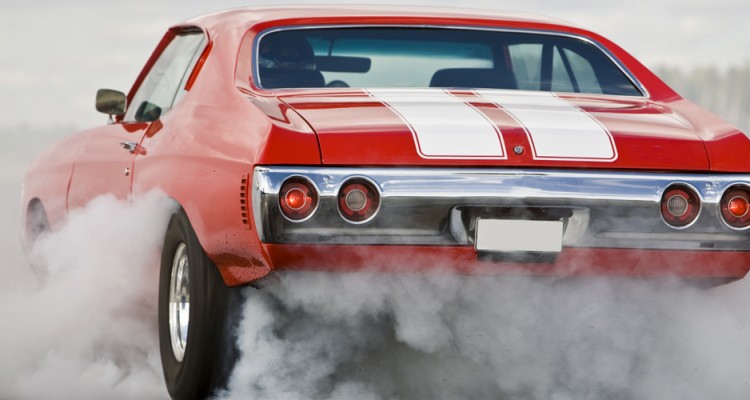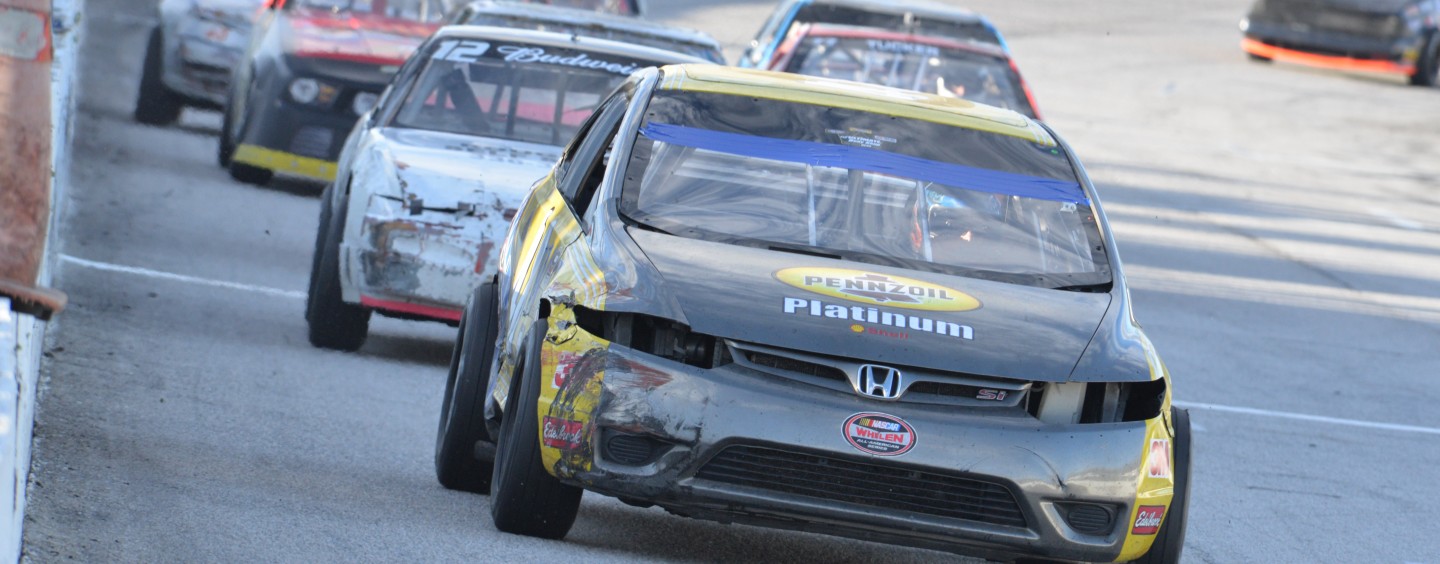EPA banning racecars: not anymore.
Some time ago, these controversial EPA regulations shocked the automotive and motorsport worlds, and even though it seemed like the situation was dire and beyond salvation, such outrageous regulations had of course to go through congress, and now, there is some hope against EPA banning.
The following press release was issued by SEMA earlier this week, and it praised the Congress’ legislation aimed at protecting modified vehicles and their owners’ right to participate in racing events with modified road cars.,
There is now hope, as the EPA banning endeavor towards slowly agains racecars is once again thwarted by the industry that supports our passion. Things are going well.
Press Release:
FOR IMMEDIATE RELEASE
March 8, 2016
SEMA Applauds New Congressional Legislation to Protect Modified Motor Vehicles
Bill Seeks to Overturn Threat to Modified Racecars and Parts Suppliers
Washington, DC (March 8, 2016) – SEMA President and CEO Chris Kersting today praised Congressional members for their introduction of a bipartisan bill that would protect thousands of American racecar enthusiasts from overreaching U.S. Environmental Protection Agency (EPA) regulations.
“The EPA’s new interpretation of the Clean Air Act would essentially rewrite the law and 46 years of policy and practice,” said Kersting. “Without congressional intervention, the racing community and racing parts manufacturers would be operating outside of that new law and could be targeted for enforcement.” The language in H.R. 4715 makes clear Congress’ intent to exclude competition-only cars from the scope of the Clean Air Act, including converted street vehicles.
H.R. 4715, the Recognizing the Protection of Motorsports Act of 2016 (RPM Act) was introduced by U.S. Representatives Patrick McHenry (R-NC), Henry Cuellar (D-TX), Richard Hudson (R-NC), Bill Posey (R-FL) and Lee Zeldin (R-NY) to ensure that converting street vehicles to racecars used exclusively in competition does not violate the Clean Air Act. The practice was unquestioned until last year when the EPA published draft regulations that would make vehicle and engine conversions illegal and subject to the law’s tampering penalties.
Motorsports competition involves tens of thousands of participants and vehicle owners each year, both amateur and professional. Retail sales of racing products make up a $1.4 billion market annually. According to the National Speedway Directory, there are over 1,300 racetracks operating across the U.S., including oval, road, track and off-road racetracks. If the EPA regulations were to be finalized, the impact on racers, racetracks and businesses that cater to the racer community would be substantial.
The EPA recently re-opened the proposed regulations to receive additional public comment. However, allowing public comment does not resolve the issue because the EPA has not withdrawn the problematic language in its proposed regulation, nor has it conceded that motor vehicles may be modified for competition use.
“SEMA thanks Representatives McHenry, Cuellar, Hudson, Posey and Zeldin for introducing this bill,” Kersting added. “We intend to work closely with our congressional allies to ensure that the Clean Air Act continues to allow the conversion and use of street vehicles as racecars.”
The RPM Act has been assigned to the House Energy and Commerce Committee for consideration. The EPA proposed regulations are scheduled to be finalized this summer.
Supporters of legislation to overturn the EPA regulation may contact their member of Congress and urge them to support the RPM Act by clicking here.


